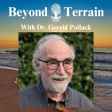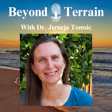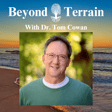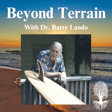
Daniel Roytas on Trauma, Illness, Responsibility, Controlling our Health, and More!
This week, we are pleased to welcome back the esteemed Daniel Roytas. He never fails to question the current narrative, and I would consider him a true scientist. Daniel and I delve into the topic of whether psychological traumas can cause disease, an idea that we both have previously believed in. Today, we contemplate whether it is truly the root cause.
We discuss the logic behind this notion and explore how our ancestors faced major psychological traumas without developing disease. We also consider the idea that modern humans may have lost the ability to process trauma in a natural way, pointing to a different root cause than the traumatic event itself.
A very insightful episode! I hope you enjoy it!
Keep up with me (socials)
https://www.instagram.com/beyond.terrain/
https://linktr.ee/beyondterrain
Our vision at Beyond Terrain is best supported by sharing our work!
To go above and beyond:
BCH: bitcoincash:qq7eq276ylanluc5e39unrqshkvs9xsemg07yxezf7
ETH: beyondterrain.eth
BTC: bc1qqwc470ktgj3l4myqxr5hq67rnlqys0qm98u6f0
Learn more from and support our esteemed guest, Mr. Daniel Roytas
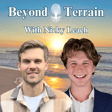
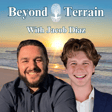
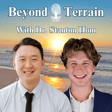
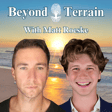
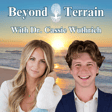
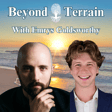
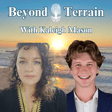

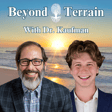
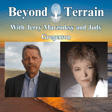

![DNA Doesn't Exist & Genomic Nonsense with Dr. Jerneja Tomsic [Part 2] image](https://media.zencastr.com/cdn-cgi/image/width=112,quality=85/image-files/652933f3a749dc383eb375de/ce5a5fd9-98c9-44fe-9b4b-3d0cd5abcf29.png)


